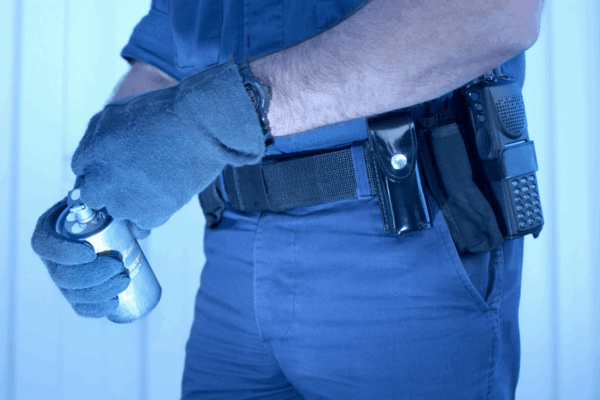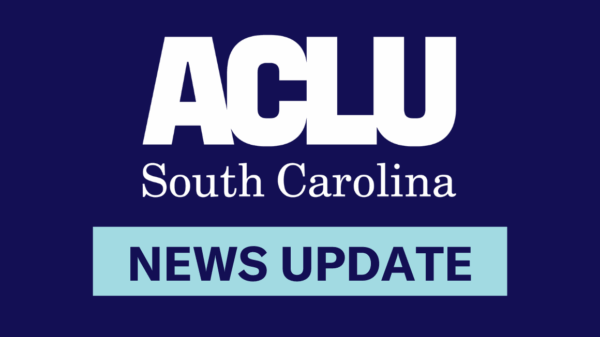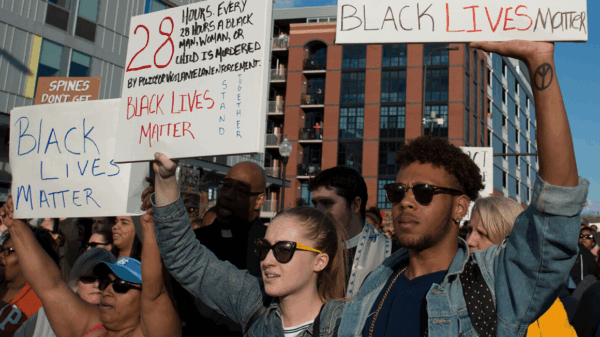Since the Minneapolis Police Department murdered George Floyd on May 25, law enforcement in South Carolina and across the nation have responded to non-violent protests against police violence with more violence.
Last Sunday we witnessed firsthand as people peacefully protesting in Charleston were actively pursued by police who arrested them and assaulted them with projectiles and chemicals. The recent confirmation that the weapons used by police were CS gas and pepper balls simply reinforces our concerns.
Despite all of the rhetoric that they are “less than lethal,” these weapons can and have killed people and caused other long-term health consequences. These are weapons of last resort, not first. Nevertheless, our law enforcement thought it was appropriate to use them indiscriminately, a decision that would have been unjustifiable even in the best of times and is especially so during COVID-19. Experts have clearly warned that the use of tear gases threatens to worsen this respiratory pandemic.
In addition to police violence, local governments have relied on curfews as a tool to silence the voice of the people. These curfews have been selectively enforced, leaving people dining out free to enjoy their dinner while people peacefully standing up for racial justice are arrested in large numbers. Law enforcement’s decision to selectively enforce curfews on people who are exercising their Constitutional right to protest while allowing others to move freely amplifies South Carolina’s and this country’s tradition of biased policing and disparate use of force against Black people. This is racism, period.
Police violence and selective, racist enforcement of laws are the very issues that protestors and communities have been demanding be addressed for decades. Law enforcement’s brutal response to peaceful protestors they should have instead been protecting affirms what we already knew: that policing and public safety are not synonymous. Moving forward, we must divest from law enforcement. It's time to take the billions of dollars we pour into our police and criminal justice system each year and reinvest in building safe communities.
The ACLU of South Carolina is united in solidarity with Minneapolis, Louisville, and all the people and places reeling from the murders of Black people by police. We will not rest until there is an end to racist policing and real justice for George Floyd, Breonna Taylor, and all who came before them and, unfortunately, will likely come after them.



